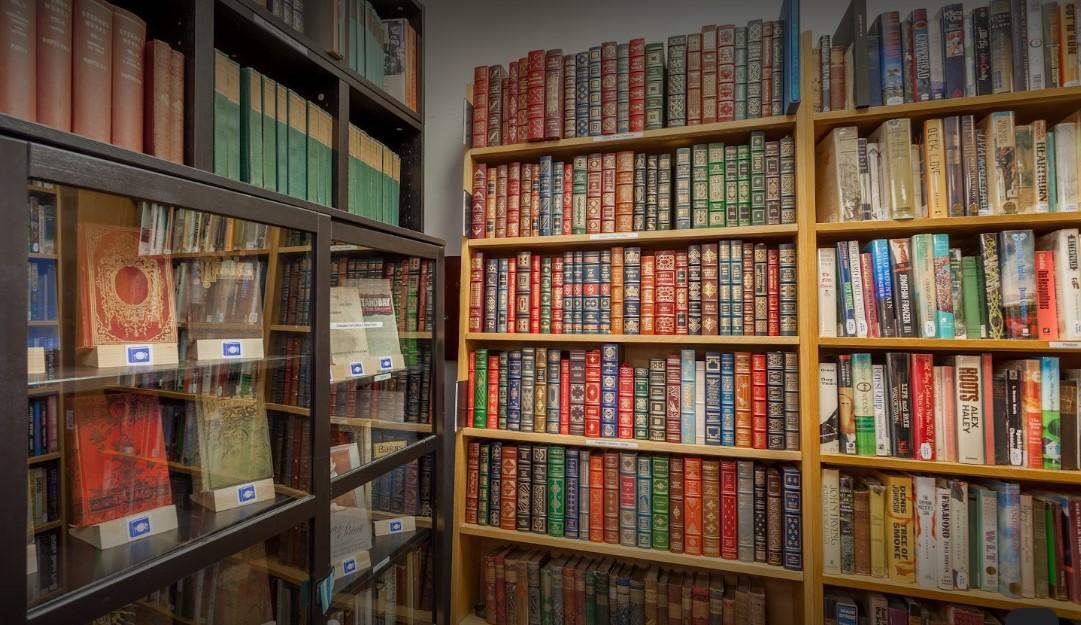Despite America’s relative youth when compared to such countries as Great Britain, Italy, China, and Japan, repositories of the past abound in the United States.
Our major cities feature art and history museums, orchestras, ballets, statues of great men and women, monuments, and libraries. A visitor to our nation’s capital, for instance, might spend a week touring that city’s museums and outdoor exhibits—the different Smithsonian museums and galleries, the National Gallery of Art, the International Spy Museum, the Museum of the Bible, the Victims of Communism Museum, the Vietnam Veterans Memorial, and more—and still barely cover only a fraction of the more than 70 museums and galleries that the city offers.






